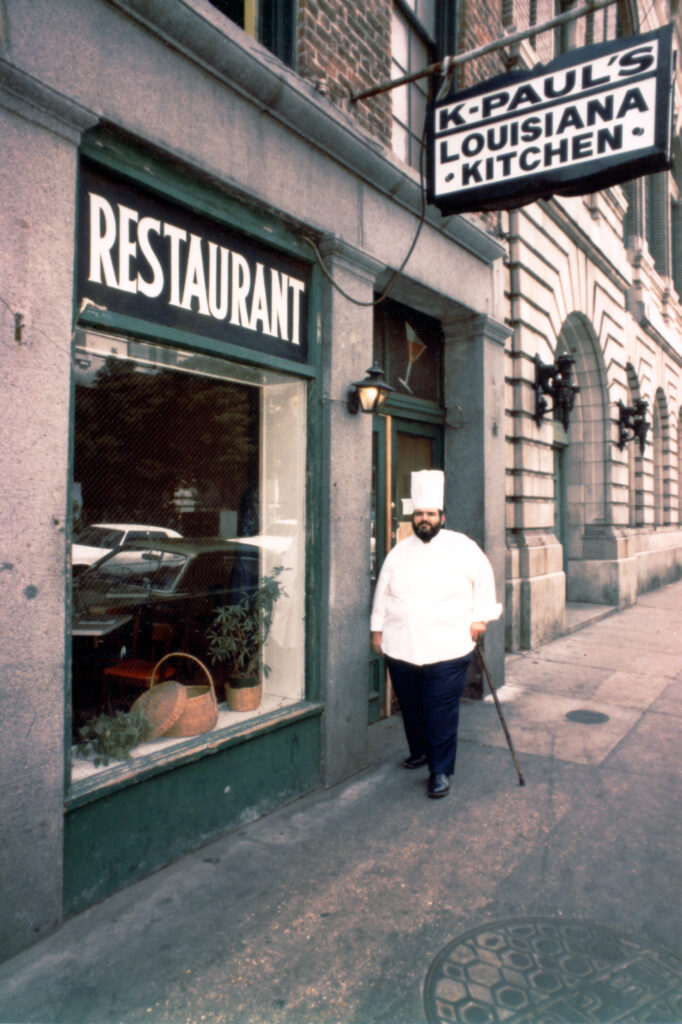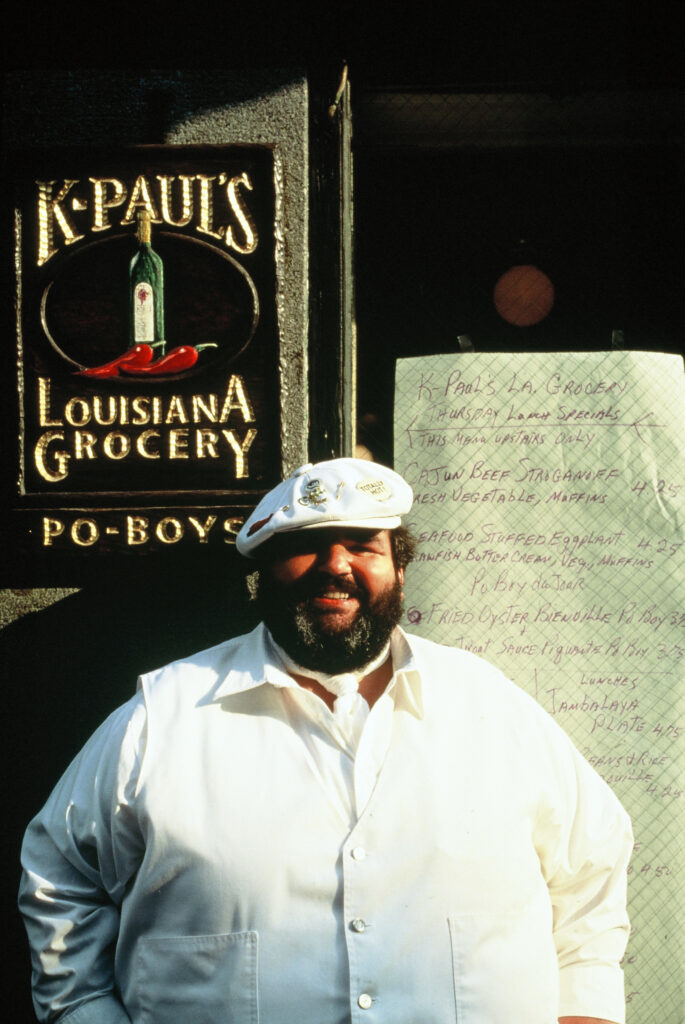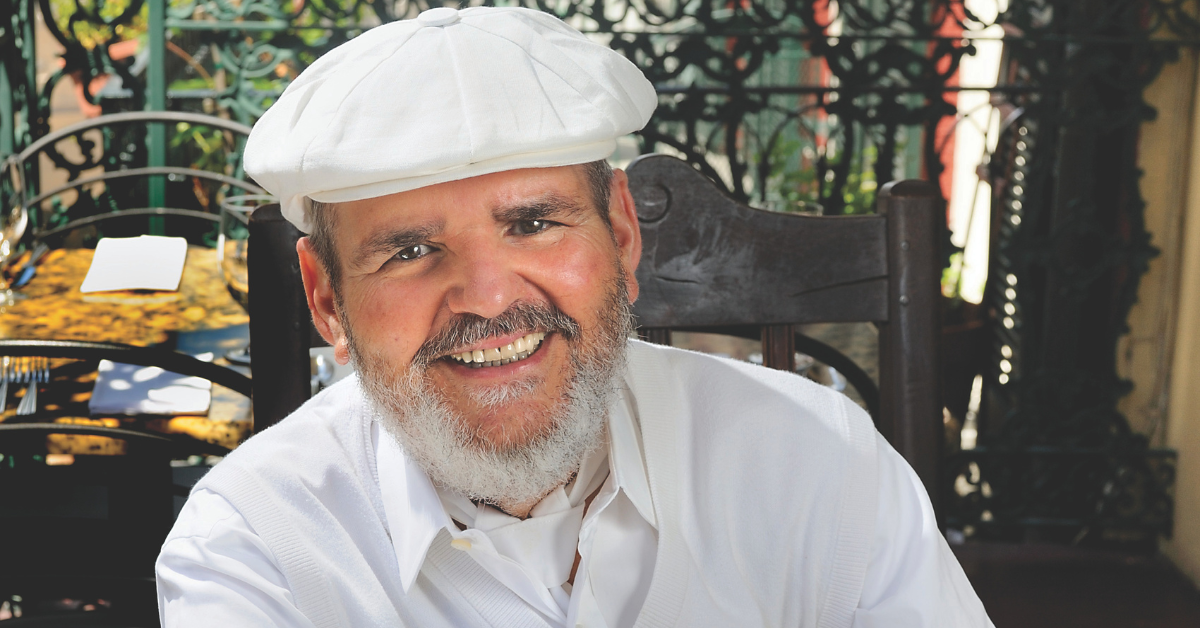At just 17, with the sizzle of his mother’s kitchen still ringing in his ears, Chef Paul Prudhomme took his first bold step into the restaurant world. Opening Big Daddy O’s Patio in Opelousas, he served up burgers and shakes to the town’s hungry teens. But like many first ventures, it fizzled out after ten months. It was just the first in a string of failures – over the next few years, he would open and close three more restaurants in quick succession. For Chef Paul, these setbacks taught an invaluable lesson: passion alone couldn’t keep the griddle hot.

Undeterred, Chef Paul hit the road. He crisscrossed the country for over a decade, his apron strings trailing from Colorado to California. In each new kitchen, he soaked up techniques like a sponge. He flipped pancakes in diners, crafted continental cuisine in fancy hotels, and dabbled in resort cooking. Each stop taught him not just about food, but about people – their tastes, their quirks, and what made them come back for seconds.
This was an era when American fine dining meant French cuisine. In the 1960s and early ’70s, “good” restaurants were defined by cream sauces, tableside service, and European pretensions. Regional American cooking, especially Southern cuisine, was considered unsophisticated. Cajun food was virtually unknown outside of Louisiana, and when served, was often watered down or misrepresented.
It was in this environment, while working in a Denver kitchen that prided itself on continental classics like Beef Wellington and Coquilles St. Jacques, that Chef Paul started his quiet rebellion. He began sneaking Cajun spices into the kitchen, adding dashes of cayenne and pinches of filé powder to standard dishes. The response was electric. Diners couldn’t get enough of these mysterious new flavors. For Paul, this was a revelation – while other chefs were perfecting their Escargots à la Bourguignonne, he discovered that his greatest asset wasn’t his mastery of French techniques, but the unique culinary heritage he carried from Opelousas.

As word spread about the unique flavors coming from his kitchen, Chef Paul began to see a bigger picture emerging. His success wasn’t just about good cooking – it was about authenticity in a world of culinary pretension. As he packed his bags for the next adventure, he knew that someday he’d share the true taste of Louisiana with the world. Little did he know, that day was coming sooner than he thought, and it would change American cuisine forever.


